DPI-413
Challenges of Democratization
Pippa Norris
Spring 2017 (Next offered Fall 2018)
This course covers the basic principles, theories, conceptual tools, and comparative methods useful for understanding the challenges of democracy and democratization. Since the early-1970s, successive ‘waves’ of regime change have occurred. The era from the mid-1970s to the 1990’s is widely regarded as a substantial expansion in the third wave of electoral democracies around the globe. More recent developments remain under debate, however; some see a picture of stasis but other observers suggest that liberal democracy is now ‘in retreat’, ‘in decline’ or under threat around the world, including in Western societies. The rise of populist authoriarianism has destabilized established patterns of party competition and threatened liberal ideals and human rights even in many long-standing democracies, including in the United States and Western Europe. Events during the ‘Arab uprisings’ from Tunisia to Syria highlighted a checkered pattern of regime transitions and the challenge of building stable and peaceful nation-states and effective governance in the region. Elsewhere around the world many states have also experienced only partial or unstable steps towards democratic elections, and then reverses, for example in Turkey, Thailand, Bangladesh, Kenya, Nigeria, and Venezuela. There are also numerous examples of ‘electoral autocracies’, in states as varied as Singapore, Burma, Russia and Pakistan, which hold multiparty elections but fail to institute the full panoply of human rights and political freedoms. Moreover many autocracies persist – whether one-party states, military-backed dictatorships, autocratic regimes, elitist oligarchies, and absolute monarchies. In many countries, therefore, the prospects of democratization remains deeply flawed, incomplete, or uncertain.
These developments have profound consequences. Advocates argue that democratic governance is a universal human right. Moreover, this type of regime is also believed to have instrumental advantages by helping people live wealthier, healthier, and more secure lives. Effective democratic states elect leaders who are more accountable and thus more responsive to the needs of ordinary citizens, including the poor. In addition, democratic governance is also believed to promote international peace and cooperation among similar types of regimes, reducing the causes of conflict and violence between and within states.
In the light of these arguments, the international development community, multilateral organizations, and national stakeholders have used multiple strategies to support democratic governance. Resources have been devoted to strengthening the capacity of political institutions, notably through encouraging multiparty competitive elections, independent judiciaries, and effective legislatures designed to curb and counterbalance strong executives, as well as implementing decentralization strategies, anti-corruption drives, and public sector reforms. Democratic assistance has flowed into attempts to foster and expand civic society by nurturing grassroots organizations, advocacy NGOs, human rights watch groups, and the independent news media. And aid has been invested in attempts to expand economic growth, peace-building, and sustainable development, as an indirect route to democratic governance. But critics suggest that these efforts, no matter how well-meaning, have been largely ineffective, international assistance for democratic governance should be reduced, and these resources should be invested in other priorities at home and abroad.
To understand all these debates, Part I provides the foundational overview by establishing analytical concepts and indicators suitable for comparative policy research into democratic governance; Part II considers alternative explanations for the underlying drivers of democratization; Part III debates the constitutional designs most conducive to strengthening processes of democratization; Part IV focuses upon civic society, and the role of political culture, religion and social capital. Part VI examines the consequences of democratic governance for prosperity, welfare and peace.
Course Objectives:
The course will sharpen your understanding of the challenges facing democratic governance and also provide insights into the range of practical policy recommendations which could be adopted to strengthen the process of democratic governance.
The course will use a broadly comparative methodology incorporating evidence from a wide range of countries worldwide, including developed and developing societies.
There are several hands-on exercises in class introducing you to online resources which can be used to monitor trends and compare countries, generating professional graphics such as maps and charts. This will build your skills and capacities in this area. No prior experience and no statistical package are required but you should bring your laptops to class on these days and we will work in pairs on these exercises.
This class is evaluated through mixed types of assignments, including a standard academic paper and a professional report. There are no prerequisites for taking the class. Some visiting speakers will be arranged and announced during the course of the semester.
Class website
The class website is available at Harvard Canvass. This contains all the essential materials for the course from Spring 2017, including the online syllabus, essential readings, supplementary bibliography, online linked resources, course calendar, power-point slides, announcements, and other materials.

